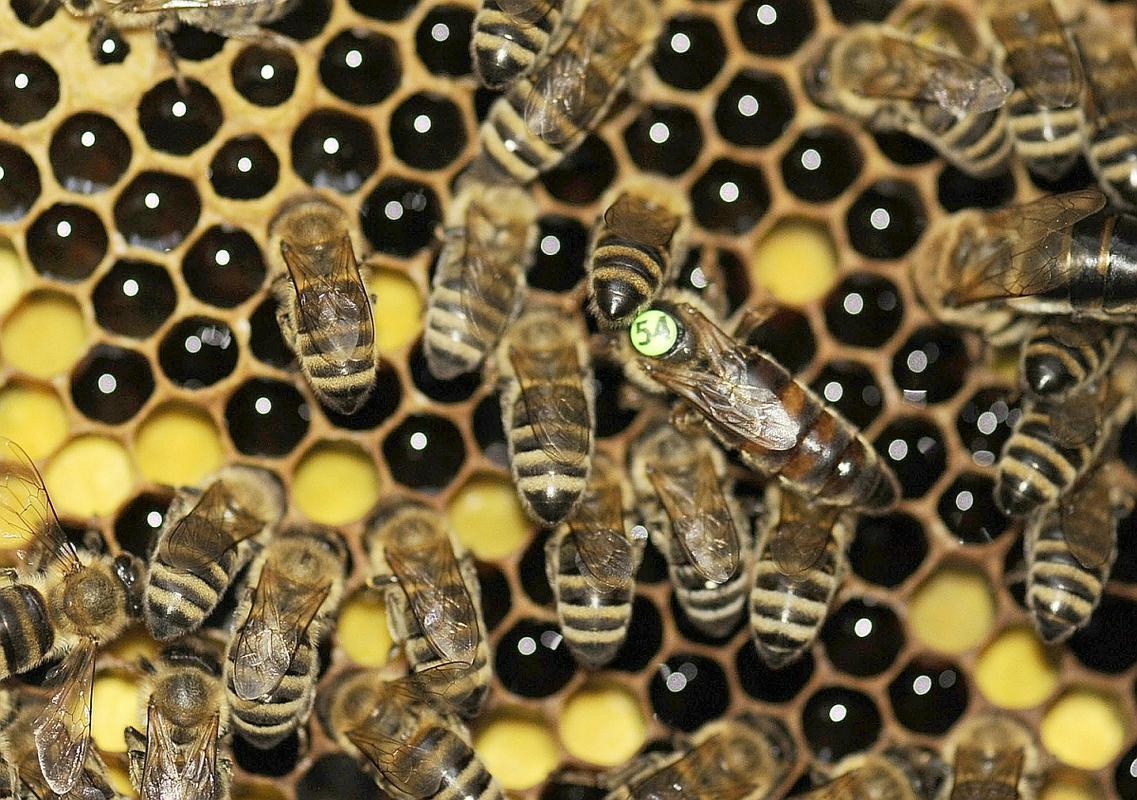
The General Assembly of the United Nations in New York unanimously passed a resolution declaring World Bee Day. Experts and beekeepers will use the day to highlight the importance of the preservation of bees and their significance for humanity. They will also call for the adoption of specific conservation measures.
According to data from the UN’s Food and Agriculture Organization (FAO), bees and other pollinators play a crucial role in the world’s food supply chain. A full third of the food produced in the world – every third spoon - depends on pollination.
The Slovenian delegation, headed by Agriculture Minister Dejan Židan, will celebrate the declaration with a formal reception at the UN Building in New York. Member countries, the media, and Slovenian-Americans will all take part in the festivities. An exhibition featuring an interactive pavilion titled the World of Bees will be on display at the UN Building until Friday.
Studies conducted by the UN and the International Union for the Conservation of Nature have shown that the population of bees and other pollinators is declining, which is making the insects increasingly endangered. Various human causes have contributed to this situation, including intensive farming, the widespread use of pesticides, and pollution from waste materials. Bees are exposed to new diseases and pests, while their natural habitat is declining because of population growth. In addition, the survival and development of bee populations is being increasingly threatened by climate change.


































































